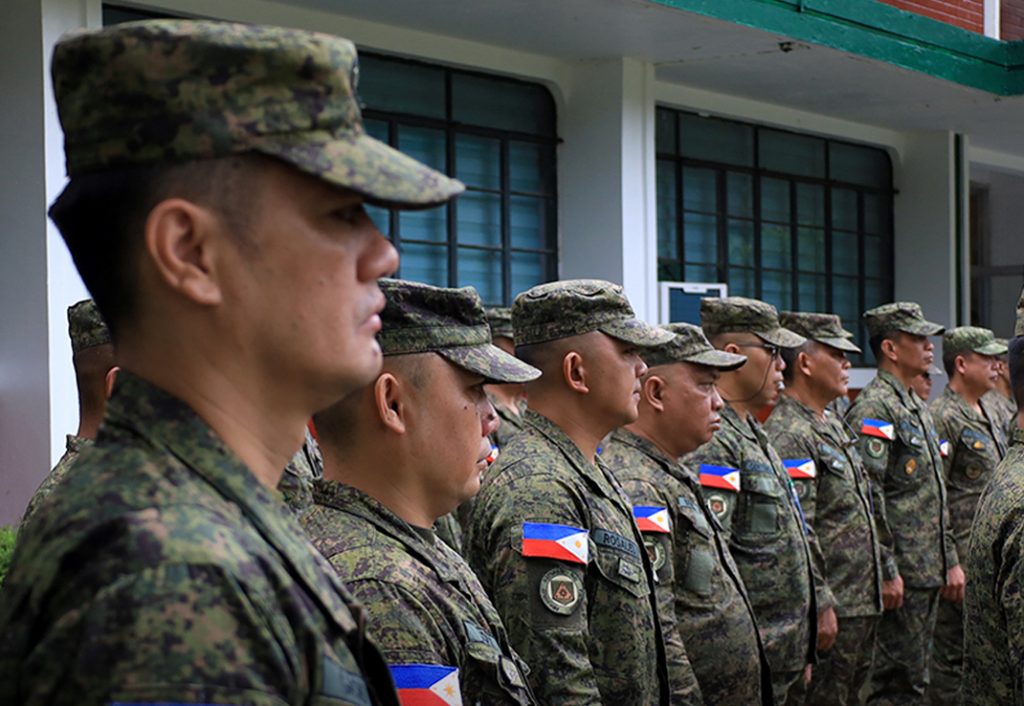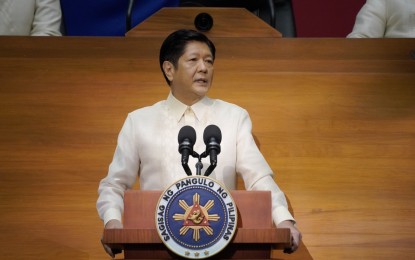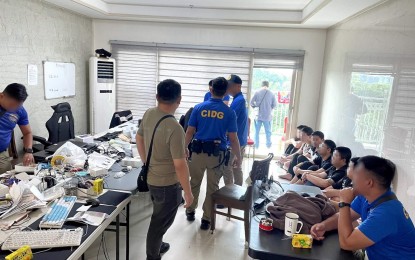Now Reading: AFP Shifts Focus to External Defense as Communist Threat Diminishes
-
01
AFP Shifts Focus to External Defense as Communist Threat Diminishes
AFP Shifts Focus to External Defense as Communist Threat Diminishes

The Armed Forces of the Philippines (AFP) is transitioning its strategic priorities from internal security operations to territorial defense, following the near-total dismantling of the Communist Party of the Philippines – New People’s Army (CPP-NPA) guerrilla fronts across the country.
President Ferdinand R. Marcos Jr., in his third State of the Nation Address (SONA) in July 2024, emphasized that only one weakened guerrilla front remains, down from seven previously identified insurgent groups.
“No guerrilla fronts remain active across the country today. Only seven weakened groups remained to be dismantled, and we have focused our efforts on them. But along with asserting the government’s might, we also extend peace, community development, and reintegration programs for those who have returned to the fold of the law,” President Marcos stated.
With insurgency and terrorism largely subdued, the administration now aims to strengthen national security through territorial defense and maritime sovereignty.
‘Pagkakaisa’ Strategy: Unifying the Nation Against Insurgency
To eradicate insurgency at its roots, the AFP has implemented the Peace, Law Enforcement, and Development Support (PLEDS) Plan Pagkakaisa, a multi-sectoral approach that fosters unity, peace-building, and economic development in previously conflict-ridden areas.
Under this national security strategy, the focus is not just on combat operations but also on dismantling the systems that fuel insurgency. By addressing poverty, lack of education, and misinformation, the government ensures that former rebel strongholds become insurgency-free zones.
One of the biggest successes of this approach is the recent declaration of Cagayan Province as insurgency-free. The 11th Sangguniang Panlalawigan approved a resolution recognizing Cagayan as a stable and peaceful region, citing the dismantling of NPA guerrilla fronts and the surrender of key insurgent leaders.
Brig. Gen. Eugene Mata, commander of the 502nd Infantry Brigade, emphasized that insurgency elimination does not require total annihilation of enemy forces. “It means dismantling their system, preventing them from regrouping and spreading their ideology,” he explained.
With the success of the Pagkakaisa Plan, many former rebel-controlled territories are now experiencing economic growth, improved security, and increased investor confidence.
Ending Terrorism in Mindanao: The Decline of Dawlah Islamiyah and Abu Sayyaf
The AFP has also made significant strides in defeating terrorist organizations in Mindanao, particularly the Dawlah Islamiyah-Maute Group (DIMG) and Abu Sayyaf Group (ASG).
Through relentless military operations, authorities have neutralized key terrorist leaders, significantly crippling their ability to conduct attacks. In February 2024, a major AFP offensive eliminated 12 Maute members, arrested three others, and led to the surrender of additional members.
With Dawlah Islamiyah’s strength reduced, intelligence reports confirm no recent recruitment activities, signaling the near-total collapse of the group.
Similarly, the AFP successfully dismantled Abu Sayyaf strongholds in Basilan, with Isabela City and Hadji Mohammad Ajul declared ASG-free in mid-2024.
A New Era of Defense: Shifting to External Security
With internal threats largely neutralized, the AFP is now prioritizing external defense, focusing on border security, maritime sovereignty, and countering foreign incursions in the West Philippine Sea.
This transition aligns with the Comprehensive Archipelagic Defense Concept (CADC), a national security framework that expands the country’s ability to monitor and protect its maritime borders.
Defense Secretary Gilberto Teodoro Jr. emphasized that securing Philippine territorial waters is now the AFP’s top priority. “We are strengthening deterrence and expanding our reach to safeguard national sovereignty,” Teodoro stated.
The successful eradication of insurgency and terrorism, combined with military modernization and international security cooperation, sets the stage for a stronger and more secure Philippines, fully prepared to defend its national interests on the global stage.



























